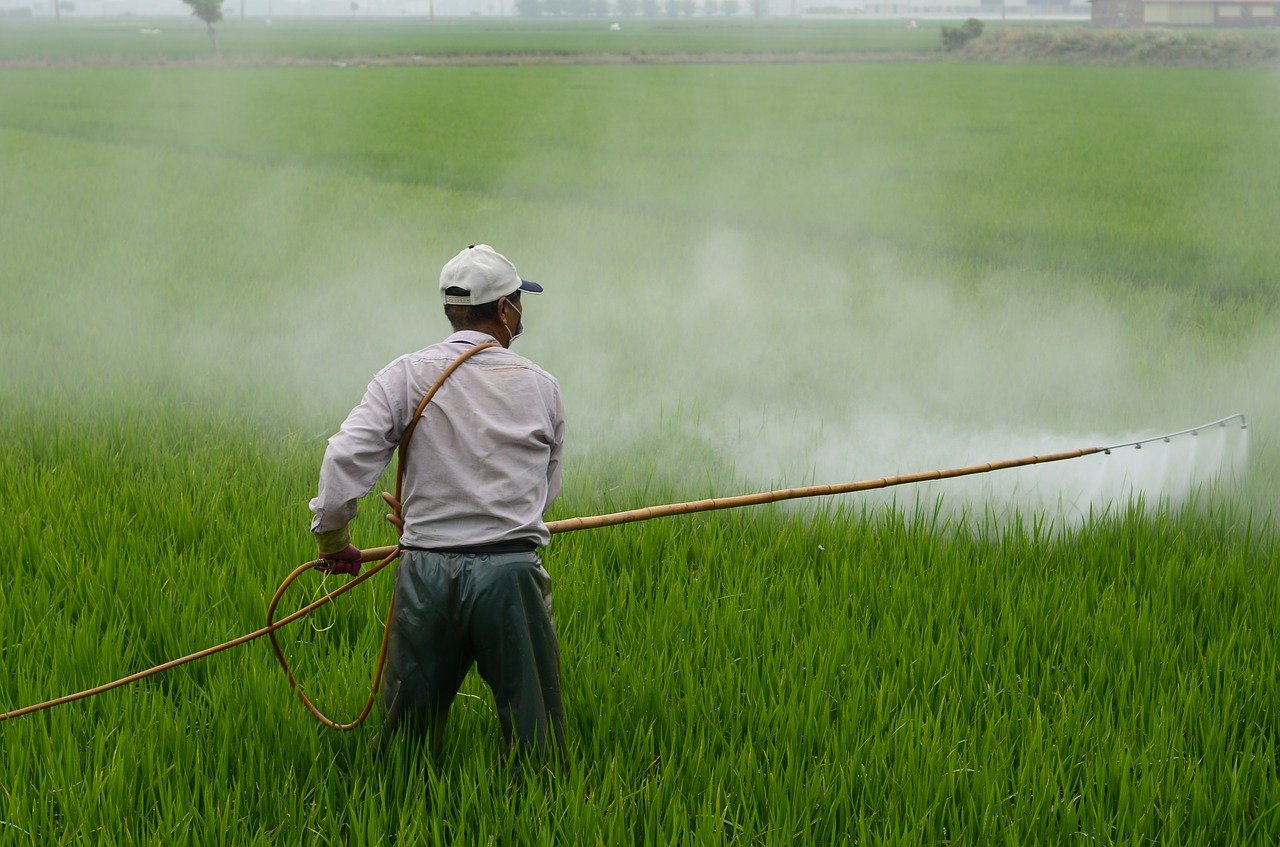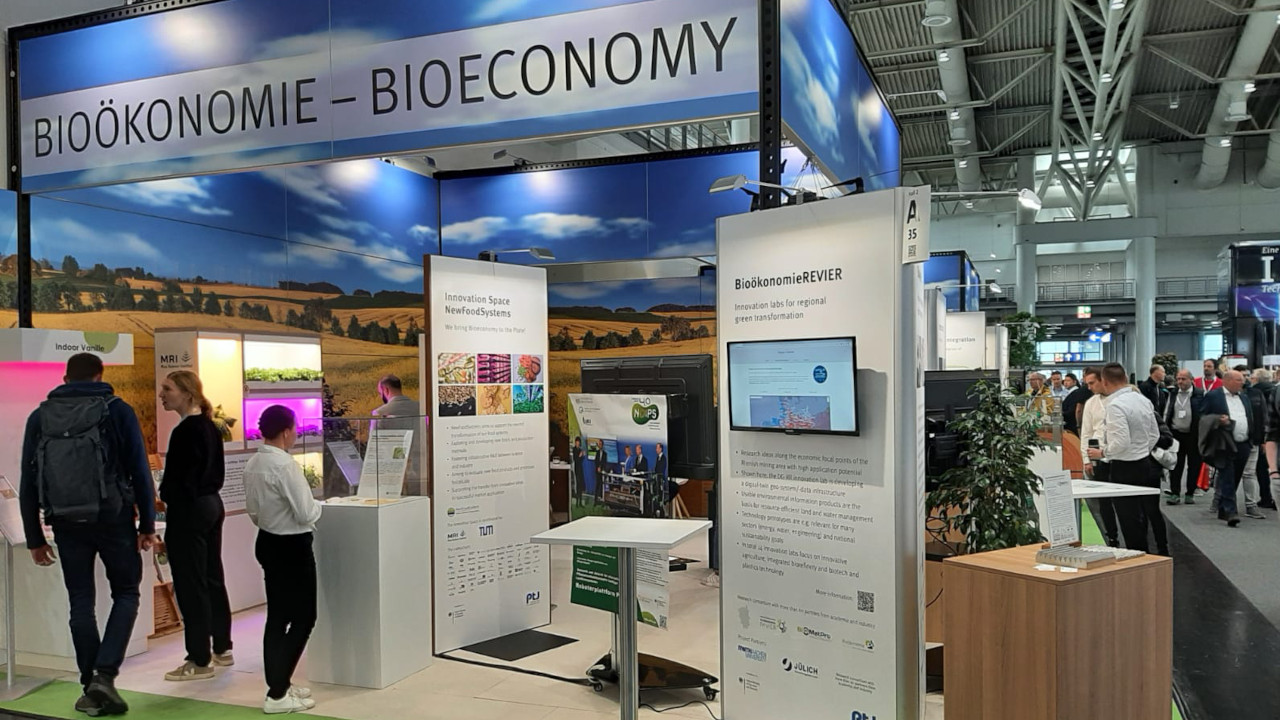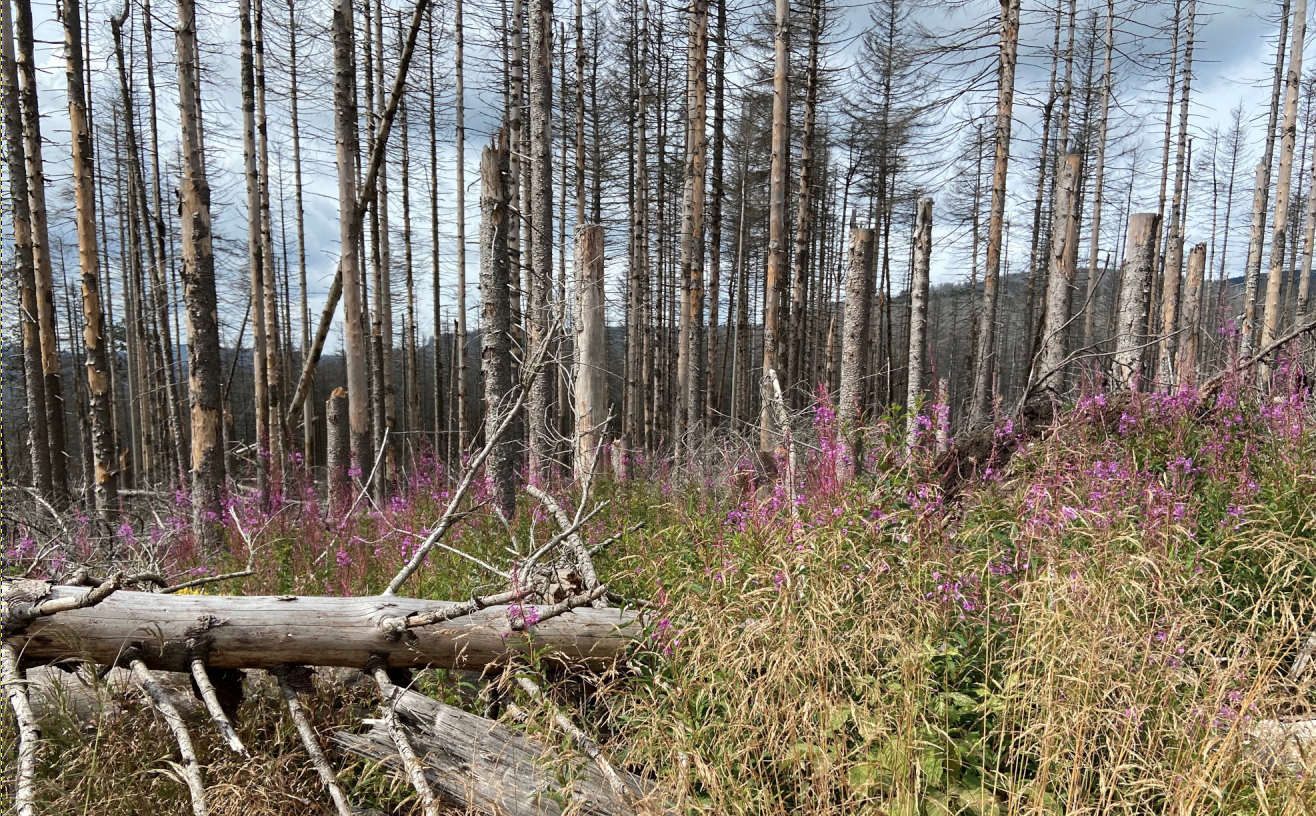
The loss of habitats and biodiversity has never been as dramatic as in the last 50 years. The study "Food System Impacts on Biodiversity Loss" by the United Nations Environment Programme (UNEP) and the think tank Chatham House concludes that the causes of nature destruction and species extinction are primarily the global meat industry and intensive agriculture.
The conversion of natural ecosystems for fodder production or grazing land, as well as intensive use of pesticides and the cultivation of monocultures, irretrievably destroys soils. As a result, even more natural land is being converted. In addition, the production of meat requires large amounts of fossil energy, fertiliser and water.
According to the study, the dramatic loss of biodiversity and ecologically sensitive habitats can only be halted with significantly more plant-based food.


